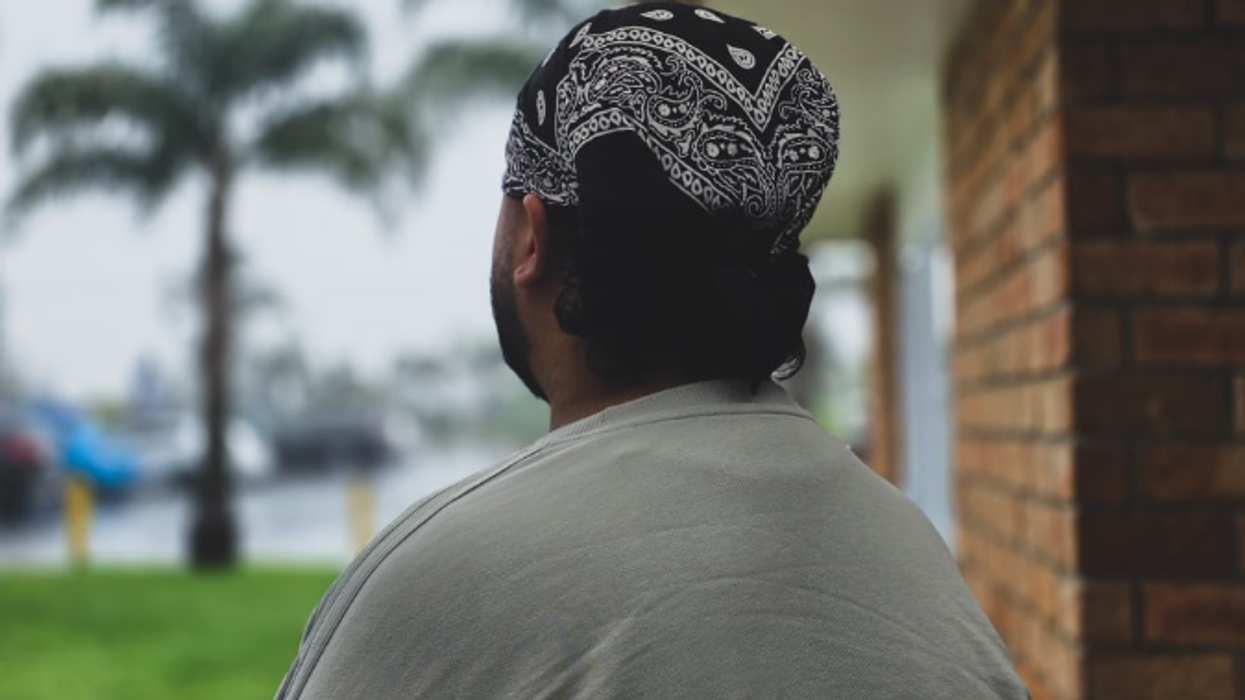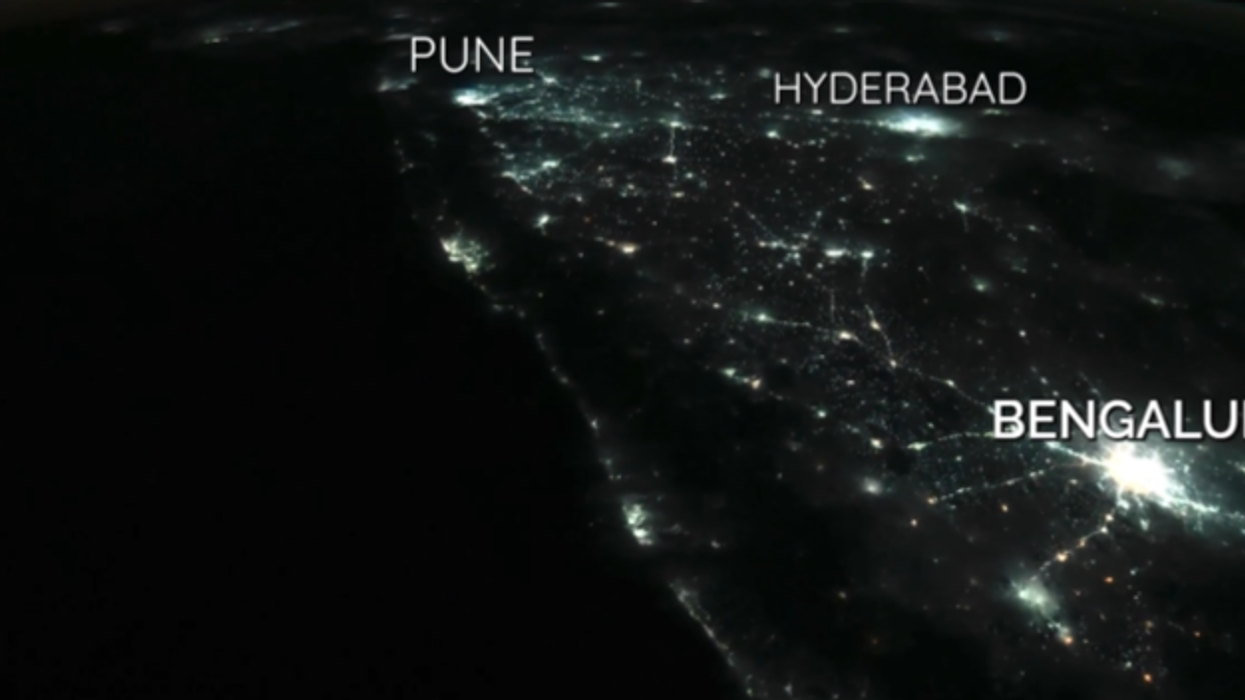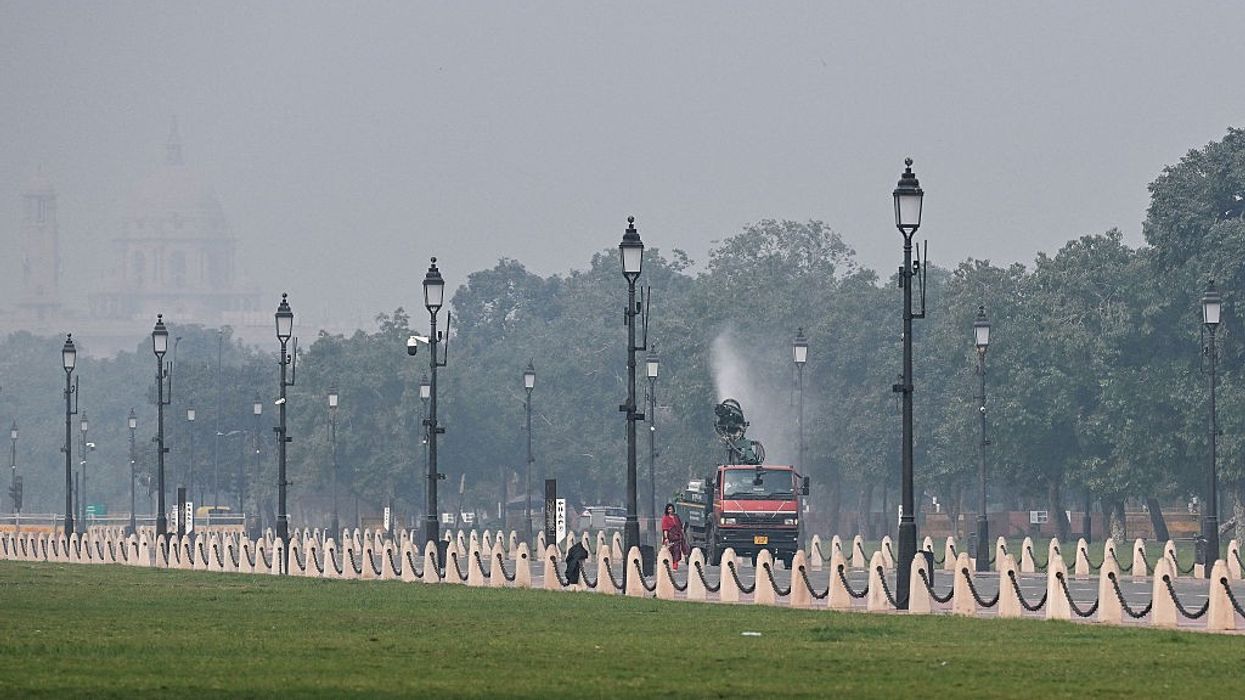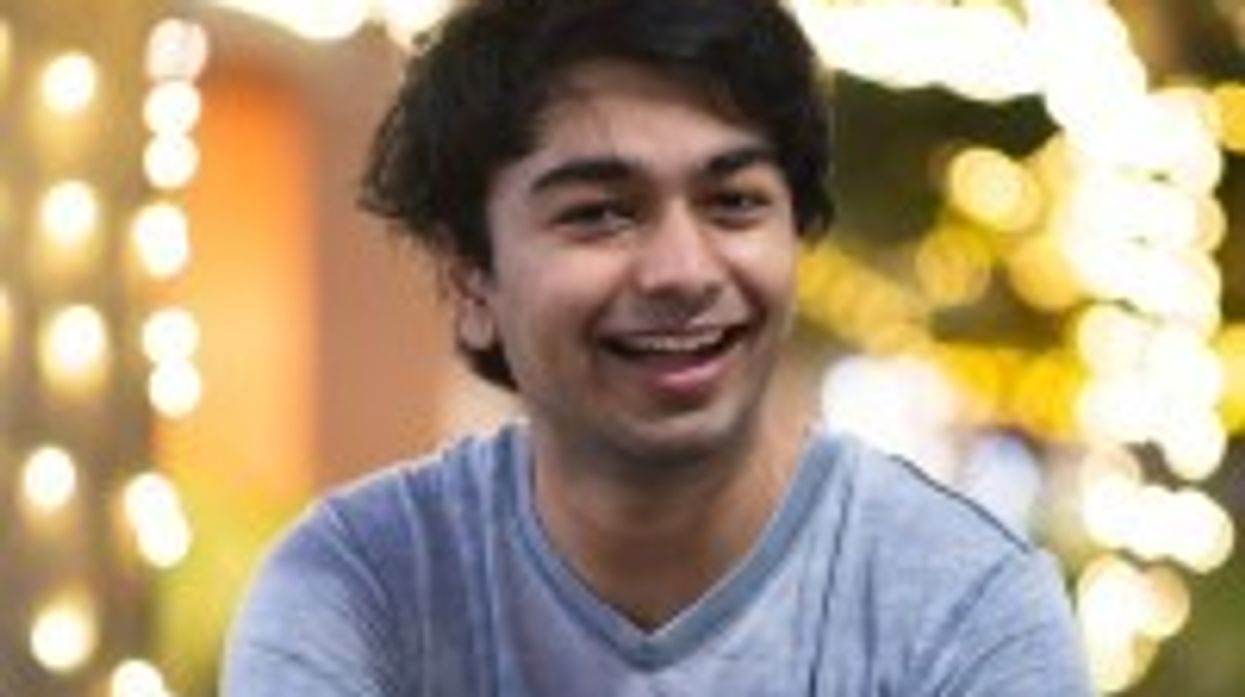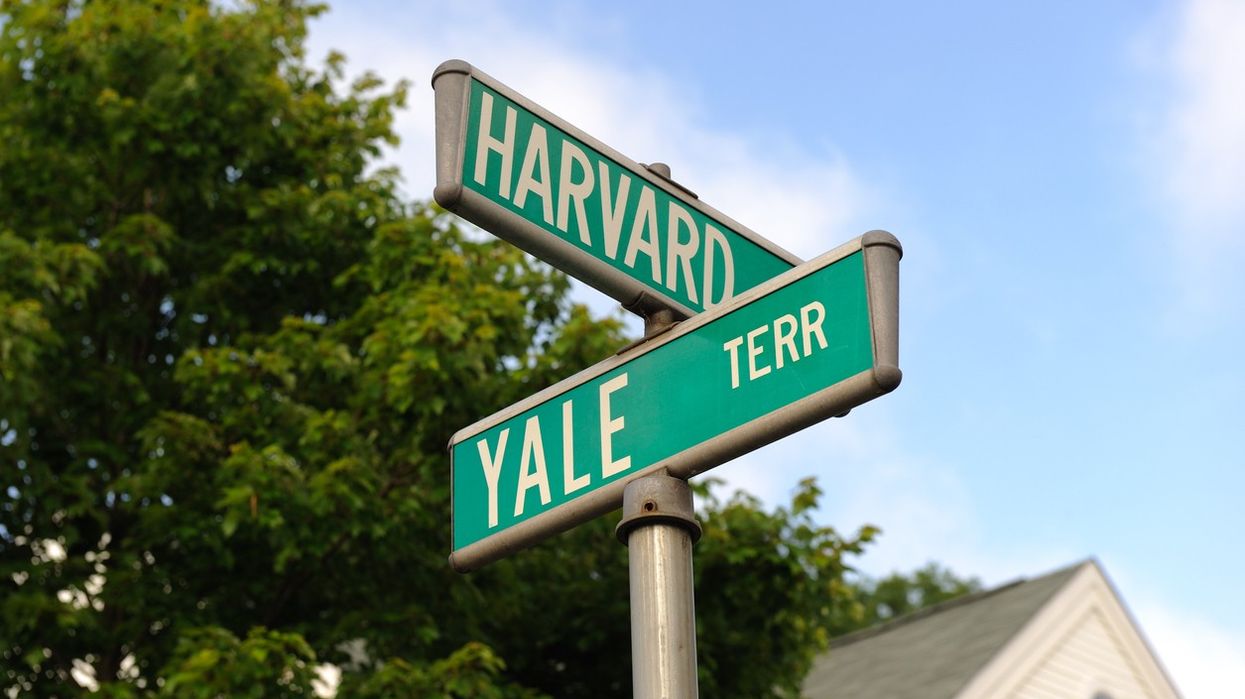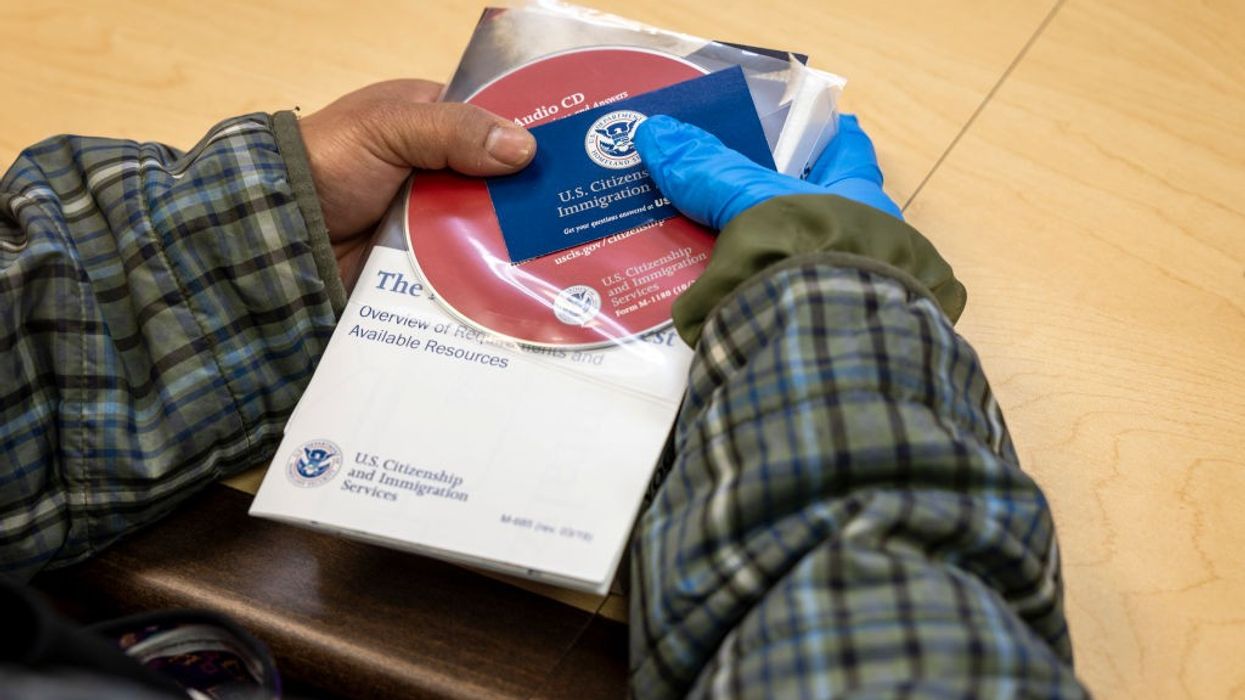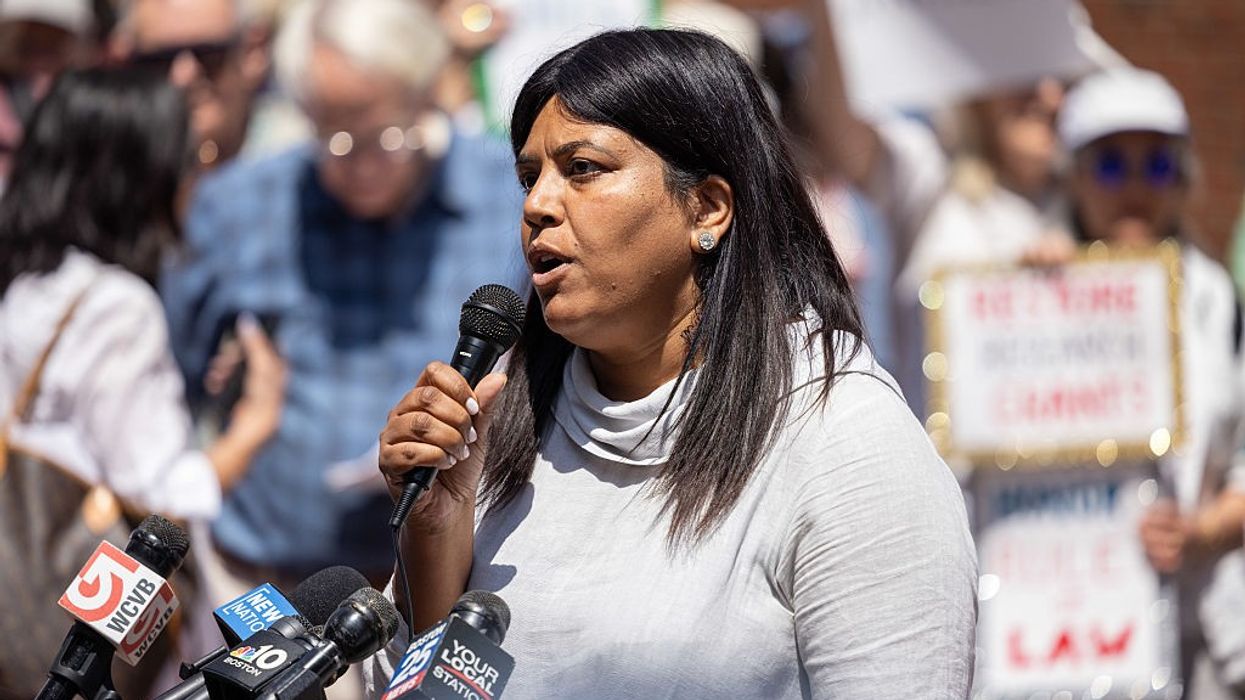Highlights:
- 18-year-old Navjot Singh, born in New Zealand to Indian parents, faces deportation to India.
- His parents were undocumented; his father was deported when Navjot was five days old.
- He has never attended school due to lack of legal documents.
- Community leaders call the decision “inhumane” and urge immigration law reform.
- Politicians demand a review, saying children shouldn’t be punished for parents’ past actions.
An 18-year-old named Navjot Singh, born in Auckland to Indian parents, is facing deportation to India after his bid for New Zealand residency was denied. Despite living his entire life in New Zealand, Singh is being treated as an overstayer under the country's immigration laws.
Navjot was born in 2007 to parents who were living unlawfully in the country. His father was deported just five days after his birth, and his mother lost her legal status in 2012, when he was five years old. Since then, Singh has lived without official documents, unable to attend school or access basic rights.
In a recent development reported by Radio New Zealand (RNZ), Association Immigration Minister Chris Penk refused Singh's application for residency via ministerial intervention, his last hope for legal status. With no other options left, Singh now faces deportation to India, a country he has never visited.
Singh told RNZ he first discovered his undocumented status at the age of eight. “I asked my mum why I wasn’t at school, and then she had to tell me,” he said. “Ever since, I’ve been living in fear. I couldn’t even be honest with my friends.”
Now, facing deportation, he fears for his future. “I don’t think I’ll survive in India,” Singh said. “I don’t speak Hindi. I’ve heard that people with higher qualifications can’t find jobs there, so what would I do?”
His case stems from a 2006 law that ended automatic birthright citizenship in New Zealand. Children born after January 1, 2006, are not granted citizenship unless one parent is a citizen or permanent resident. Singh's lawyer, Alastair McClymont, called the decision 'inhumane' and urged reforms similar to Australia and the UK, where children who have lived in the country for ten years can apply for citizenship.
“It makes no sense to deport children who have grown up here to a foreign country,” McClymont told RNZ. He said the current policy ignores the human realities of such cases.
Singh described how his mother struggled to raise him without legal rights. “Raising a child as a single mother is really tough — imagine doing that without legal status,” he said. “We only survived with the help of our friends and the community.”
Community leaders and politicians have rallied behind Singh, urging the government to review his case. Daljit Singh, president of the Supreme Sikh Society, said, “He was born in New Zealand and is part of our community. What harm will children like Navjot bring to New Zealand? We shouldn’t punish these children because it wasn’t their fault.”
Green Party spokesperson Ricardo Menndez March also criticised the government, saying, “Deporting kids to unfamiliar countries causes hardship and severs support networks.” Labour Party’s Phil Twyford called on officials to find a “better way” to deal with the children of overstayers.
As Navjot Singh awaits his fate, his story has reignited debates around immigration fairness and human rights in New Zealand — questioning whether the nation’s laws are punishing children for their parents’ past mistakes.
